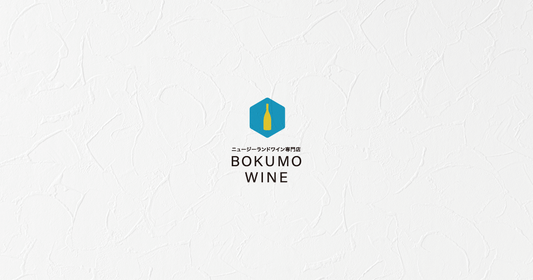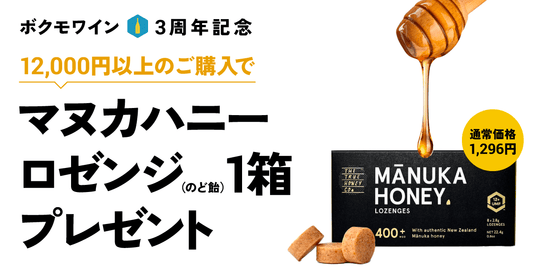New Zealand Winegrowers has released the 2021 edition of its Vintage Indicator .
▶ New Zealand Winegrowers official website
This time, based on that data, we will be providing you with information on New Zealand wine vintages.
What is a "vintage indicator" ?
It is an index that summarizes the harvest volume of wine grapes for that year. Since NZ is in the southern hemisphere, the grape harvest ends in February to April, and the "Annual Grape Harvest Ranking" is announced around June to July.
Here is an article summarizing the 2020 Vintage Indicators.
Now, let me briefly give you an update on the trends in the 2021 grape harvest.
2021 grape harvest and recent production trends
According to the 2021 Vintage Indicators, the total wine grape harvest was down 87,000 tons compared to last year, a significant drop of 19%.| Vintage year | Overall yield |
|---|---|
| 2020 | 457,000t |
| 2021 | 370,000t |
* Unit of harvest yield: t = ton
Reference data: New Zealand Winegrowers NZ Wine Vintage Indicators by Region 2021
The yield has decreased by 19%! What could be the cause?
The main causes are said to be the cool spring weather and frost , as well as the shortage of labor from overseas due to border closures caused by the spread of the new coronavirus.
Ranking of harvest yields by region
The yields by region are as follows:| region | Harvest yield (percentage) | YoY comparison |
|---|---|---|
| Marlborough | 269,521t (75.2%) | -twenty one% |
| Hawke's Bay | 41,153t (11.5%) | -5% |
| Gisborne | 17,450t (4.9%) | -8% |
| Central Otago | 10,324t (2.9%) | +21% |
| Nelson | 7,804t (2.2%) | -33% |
| North Canterbury | 7,291t (2.0%) | -26% |
| Wairarapa | 3,131t (0.9%) | -30% |
| Auckland | 1,239t (0.3%) | -1% |

Almost all regions saw declines in yields, with Central Otago the only region to see a 20% increase
Looking at the harvest by region, most regions have seen a decline in yields compared to last year, especially in the geographical centre of the country, including Wairarapa, Marlborough, Nelson and North Canterbury.
Marlborough is New Zealand's leading wine producing region, accounting for about 75% of the total harvest, but this major wine producing region has also been greatly affected.
Ranking of harvest yields by grape variety
Next, let's look at the yields for each grape variety.| variety | Harvest yield (percentage) | YoY comparison |
|---|---|---|
| Sauvignon Blanc | 268,079t (74.8%) | -18% |
| Chardonnay | 23,507t (6.6%) | -15% |
| Pinot Noir | 22,029% (6.1%) | -35% |
| Pinot Gris | 20,987t (5.9%) | -27% |
| Merlot | 9,877t (2.8%) | -12% |
| Riesling | 4,407t (1.2%) | -2% |
Yields of all major varieties have decreased
Sauvignon Blanc is synonymous with New Zealand wine, but the harvest has been hit hard, down 18% from last year.
Chardonnay, which was ranked fourth last year, has dropped to second place this year, but this is the result of its relative ranking rising due to the significant decrease in harvest yields for other varieties.
This is particularly likely due to a 35% drop in Pinot Noir harvests, as well as a 27% drop in Pinot Gris harvests, which have been very popular in Japan in recent years.
What impact will this have on grape yields and exports?

The loss of this year's harvest is a major blow to the New Zealand wine industry, which has been doing well, with exports doubling over the past decade. Exports will inevitably be affected, and wineries will be forced to make tough choices about where to supply their wine.
As for the quality of the grapes, there are many reports that grapes of excellent quality were harvested in 2021. The 2021 vintage of NZ wines seems to have the potential to be highly concentrated and powerful wines.
summary
This year, we brought you some shocking news: New Zealand wine grapes have declined significantly.
There is no doubt that the amount of New Zealand wine exports to Japan will decrease, but the grapes were of excellent quality, so I'm looking forward to the quality of the wine.



